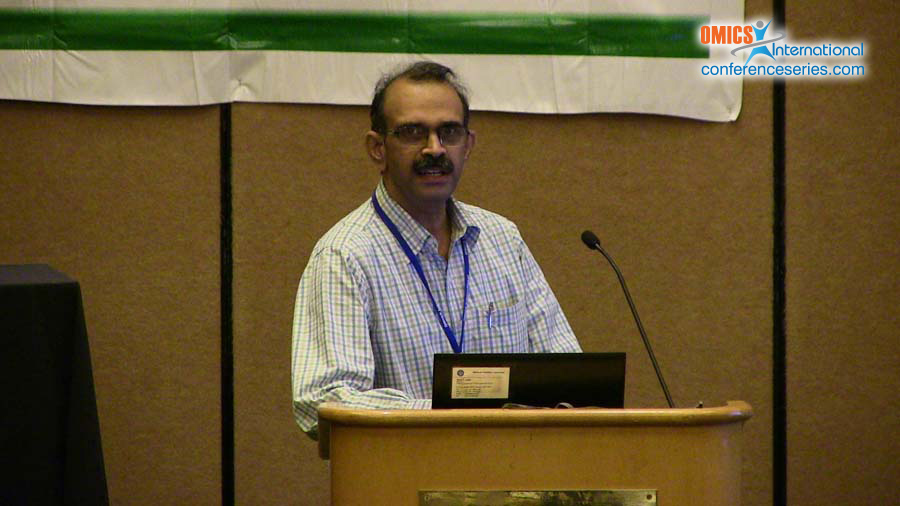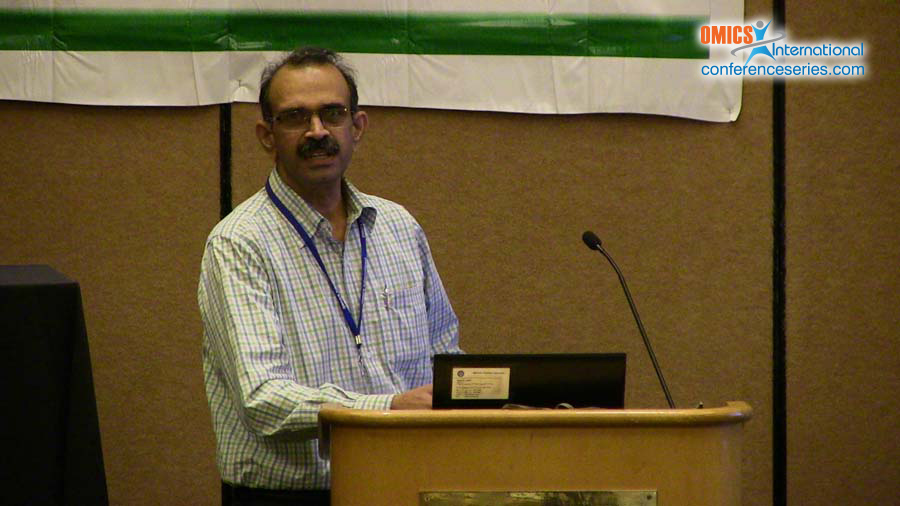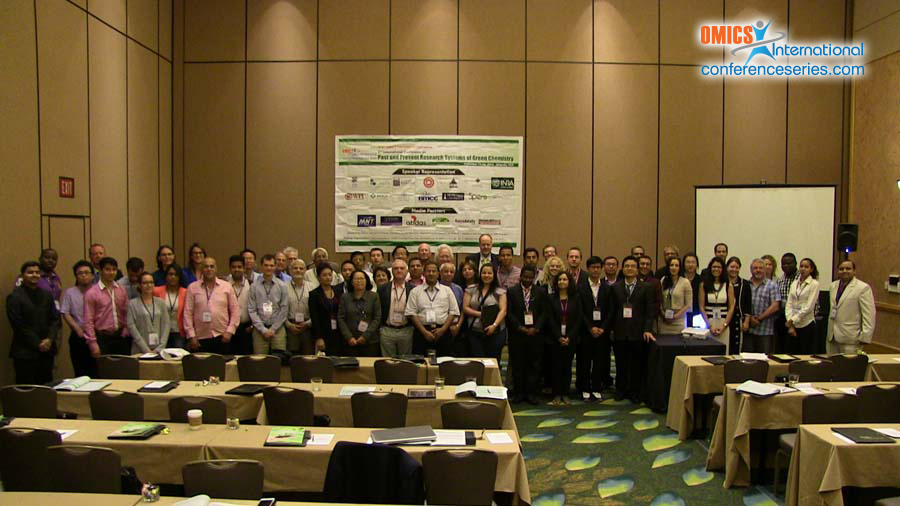
Sunil Joshi
National Chemical Laboratory, India
Title: De-polymerization of sugarcane bagasse lignin to value added products in sub and supercritical water
Biography
Biography: Sunil Joshi
Abstract
The use of alternative solvents for development of cleaner and renewable processes for industrially useful chemicals is an important area of Green Chemistry. Biomass is a regenerative resource for energy and chemical production. Lignin is abundantly available and has potential to be utilized as renewable source for industrially useful chemicals. This work is associated with investigation of supercritical water as an alternative solvent in clean technologies. The lignins were de-polymerized at subcritical and supercritical conditions of water using oxidizing, non-oxidizing and catalytic environment. The effect of various reaction parameters such as pH, temperature, pressure, residence time and catalyst concentration was investigated. It was observed that the lignin on de-polymerization leads to catechol, vanillin, acetovanillone and homovanillic acid as major products while syringic acid and guaicol were found to be minor products. The lignin on de-polymerization under non-oxidizing conditions favors the formation of more hydrolyzed products resulting into formation around 15% monomers while under catalytic conditions gives around ~ 50 % monomer carbon balance. It has been observed that the lignins on de-polymerization under oxidizing conditions results into enhancement of the carbon balance from 25 % to 50 % due to formation of more break-down products. The continuous reactor designed in two sections resulted into enhanced de-polymerization of lignin. In the first stage the lignin polymer undergoes hydrolysis by breaking ether linkages while in the second stage catalytic oxidization of the oligomers formed occurs, which improved the yields of the break-down monomers significantly.



